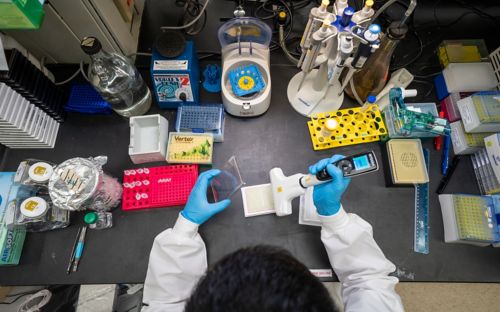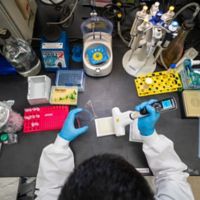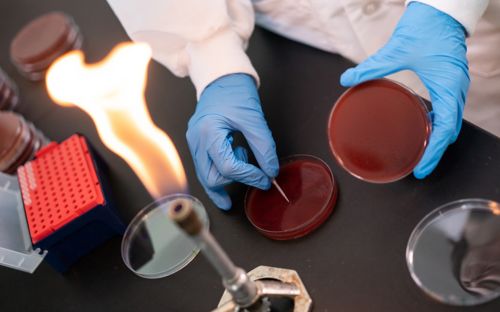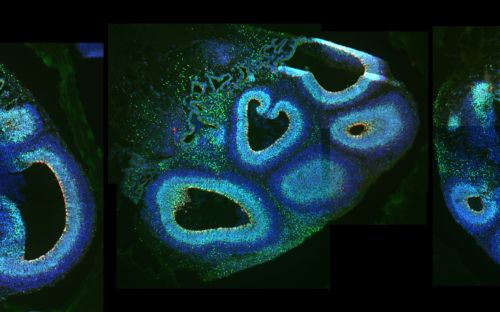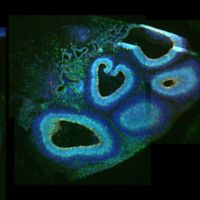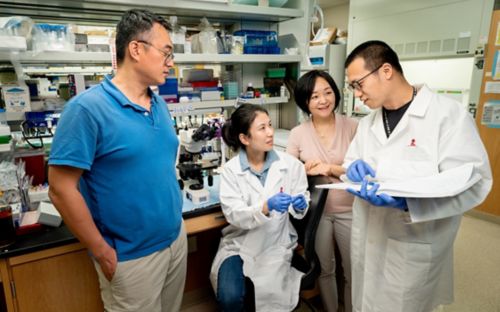St. Jude Family of Websites
Explore our cutting edge research, world-class patient care, career opportunities and more.
St. Jude Children's Research Hospital Home

- Fundraising
St. Jude Family of Websites
Explore our cutting edge research, world-class patient care, career opportunities and more.
St. Jude Children's Research Hospital Home

- Fundraising
Research
Learn about published research as well as leading-edge basic and translational research initiatives from St. Jude laboratories.
Data-driven science helps researchers design new protein interactions
With a comprehensive approach to thinking about data, St. Jude scientists are fueling progress.
Biostatisticians are key to getting therapies to patients faster
Platform Design, a software package, enables clinicians to add study arms to a clinical trial.
Global palliative care requires on-the-ground understanding
The ADAPT study revealed barriers that stand in the way of palliative care in Latin America.
Liver toxicity and ALL: Genomics drive variability between patients
Research reveals how inherited genetic variants can contribute to liver toxicity after chemotherapy.
Math test points metastatic breast cancer treatment in the right direction
St. Jude computational biologists created a computational score predicting cancer drug sensitivity to HDAC6 inhibitors in a promising phase Ib clinical trial.
On the road to resistance: How bacteria can win the game of life ‘with a little help from their friends’
St. Jude scientists have learned that bacteria are more successful at developing antibiotic resistance when they swap genes through recombination.
New model mimics progression of pediatric bone marrow failure
St. Jude scientists have created the first model that faithfully recapitulates details of pediatric bone marrow failure.
CDK6: A well-known kinase commits a new ‘crime’ connecting outer radial glia to microcephaly
Microcephaly is a rare neurodevelopmental condition in which a baby’s head is much smaller than expected because the brain did not develop properly or stopped developing during pregnancy. St. Jude researchers identified cells in the outer radial glia in the developing brain that play an important role in microcephaly.
Environment helps fuel hepatoblastoma in premature infants
The incidence of pediatric and adult liver cancer is increasing worldwide. Research suggests how premature birth may influence the risk for children.
It’s in the genes: research reveals obstacles on the road to health for cancer survivors
St. Jude scientists are leading research into the genetics of childhood cancer survivorship to understand and prevent the risk of chronic disease in survivors.






